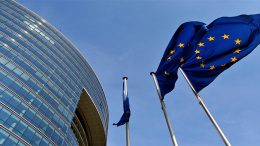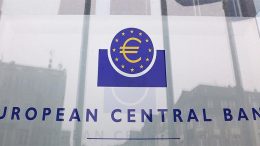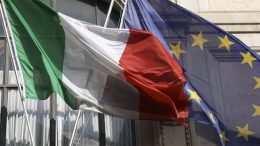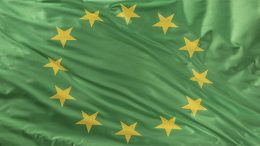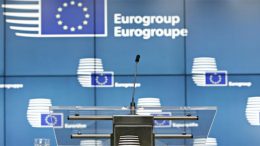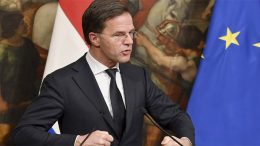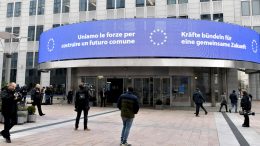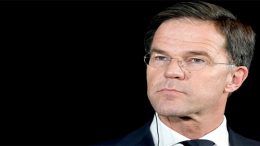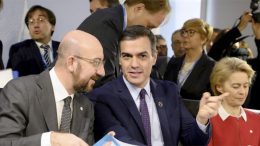While Waiting For A Plan Which Keeps Both North And South Happy, the EU Considers New Green Taxes To Finance It
An important day in Europe today. The European Commission will present its proposal for a post-coronavirus economic recovery plan. Ursula Von de Leyen will seek to find a compromise between the demands of the countries most affected by the pandemic and those of the so-called frugal countries. Instead of countries putting more money from their national coffers into the European Budget, the EC plans to finance itself with new “green” taxes that could raise annual revenues of €5-14 Bn for the EU.

